The world is a turbulent place. Everywhere we turn, there’s another paradigm-shifting event requiring new levels of emotional resilience. From the COVID pandemic to intense economic pressures and an upcoming political election, it’s a delicate balance to manage our emotional and physical wellbeing.
These back-to-back events can affect the way you are dealing with anxiety and how much rest may be able to get. If chronic pain is an issue, the levels of stress and cortisol in your system may be triggering flare-ups. Fortunately, cannabis is known to treat various symptoms, whether they be physical, emotional, or psychological.
Incorporating marijuana into your lifestyle has several benefits, whether it’s THC or CBD. These powerful cannabinoids are often used as an alternative or complementary treatment for various conditions such as anxiety, insomnia and chronic pain.
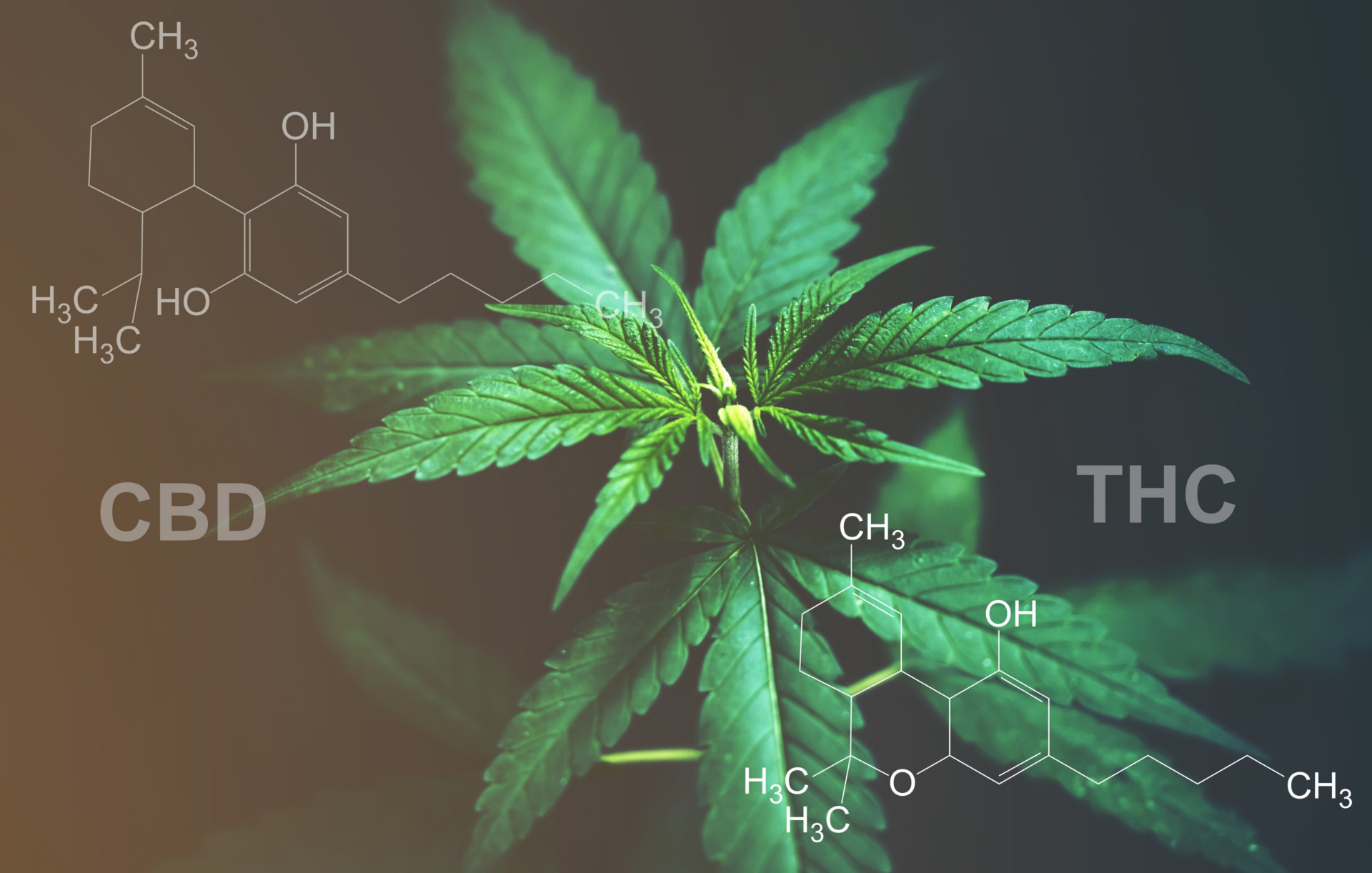
THC & CBD
Tetrahydrocannabinol (THC) is commonly known for its psychotropic effects which lead to the feeling of being "high." THC is also linked to improved mood, decreased feelings of stress, and significant pain relief for many people. Recent studies, including the one conducted by HelloMD and UC Berkeley, indicate that cannabis with THC offers better pain relief than traditional pharmaceuticals.
Cannabidiol (CBD) interacts with the endocannabinoid system in a similar way to THC, without the intoxicating effects. CBD is best known for its therapeutic qualities for quelling anxiety, as well as providing pain relief. Studies have shown that it may help reduce seizures related to epilepsy, inflammatory bowel disease/irritable bowel syndrome, and depression. CBD can also be helpful when it comes to inflammation, stress, and sleep problems.
Those are just a few of the leading reasons people consume cannabis. Below we dive into how cannabis can help with symptom relief for chronic pain, anxiety, and insomnia.
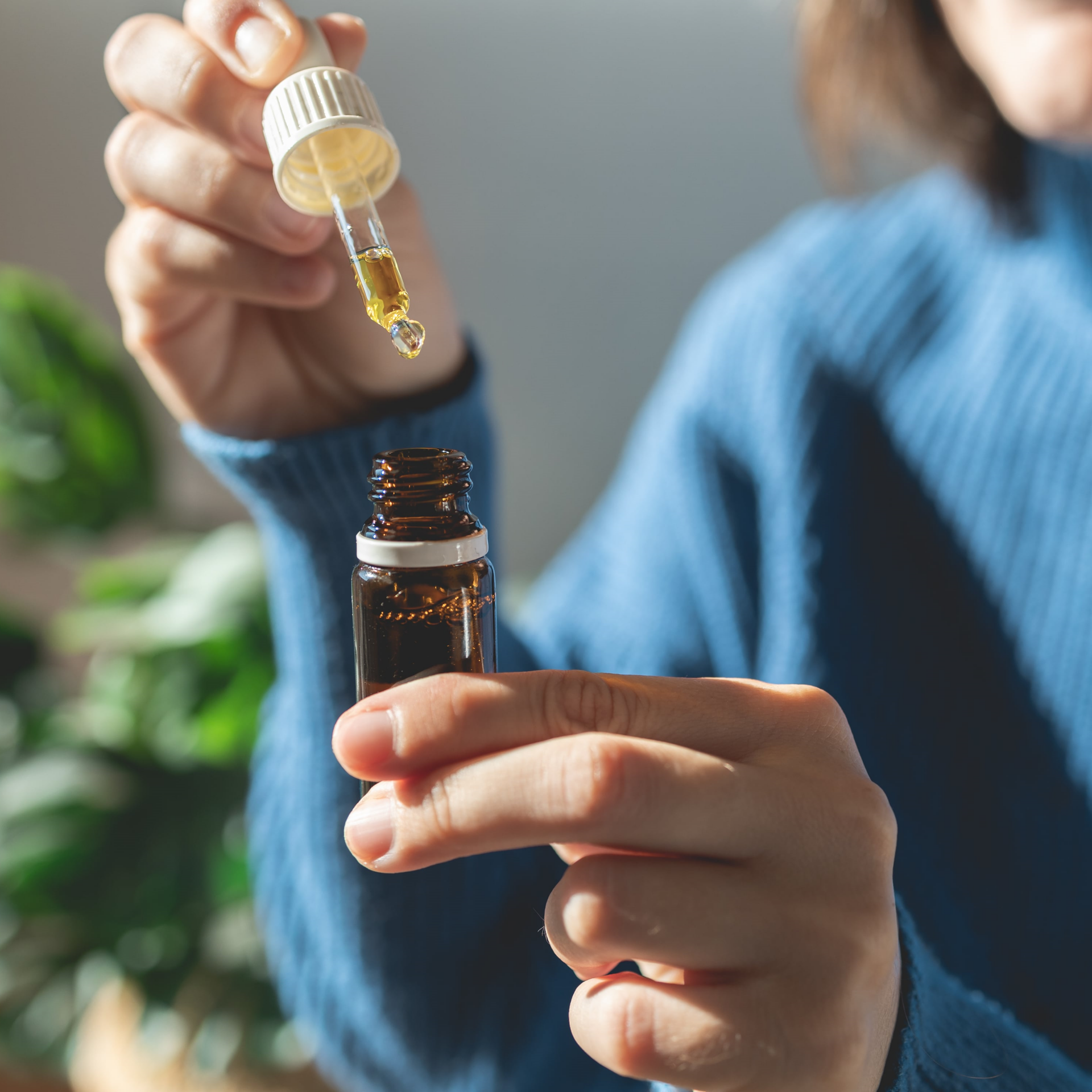
Anxiety
In studies, CBD has shown promise in the treatment of anxiety disorders such as generalized anxiety disorder, social anxiety disorder, and post-traumatic stress disorder. CBD activates and enhances specific serotonin receptors in the brain leading to reduced feelings of anxiety and stress. For some, CBD may be able to replace or augment traditional pharmaceuticals consumed for acute anxiety.
CBD is also known to reduce feelings of anxiety following a stressful event, such as public speaking. Other lifestyle practices to consider for anxiety reduction are meditation and breathwork. Regularly practicing mindfulness meditation and breathwork, such as box breathing, have shown to have a positive effect on reducing anxiety and stress levels.
THC can also be useful for reducing anxiety, but lower doses are more effective at helping with symptoms. High doses of THC for some people may exacerbate existing feelings anxiety and stress. Remarkably, CBD is an antidote to THC-induced anxiety or paranoia. If you happen to overindulge with THC, try ingesting CBD to counteract the negative effects you may feel from being to "high."
We suggest if you’re trying THC for the first time, start at a very low dose of 1-2mg for an edible, or an equally balanced strain of THC to CBD, if vaping or smoking.
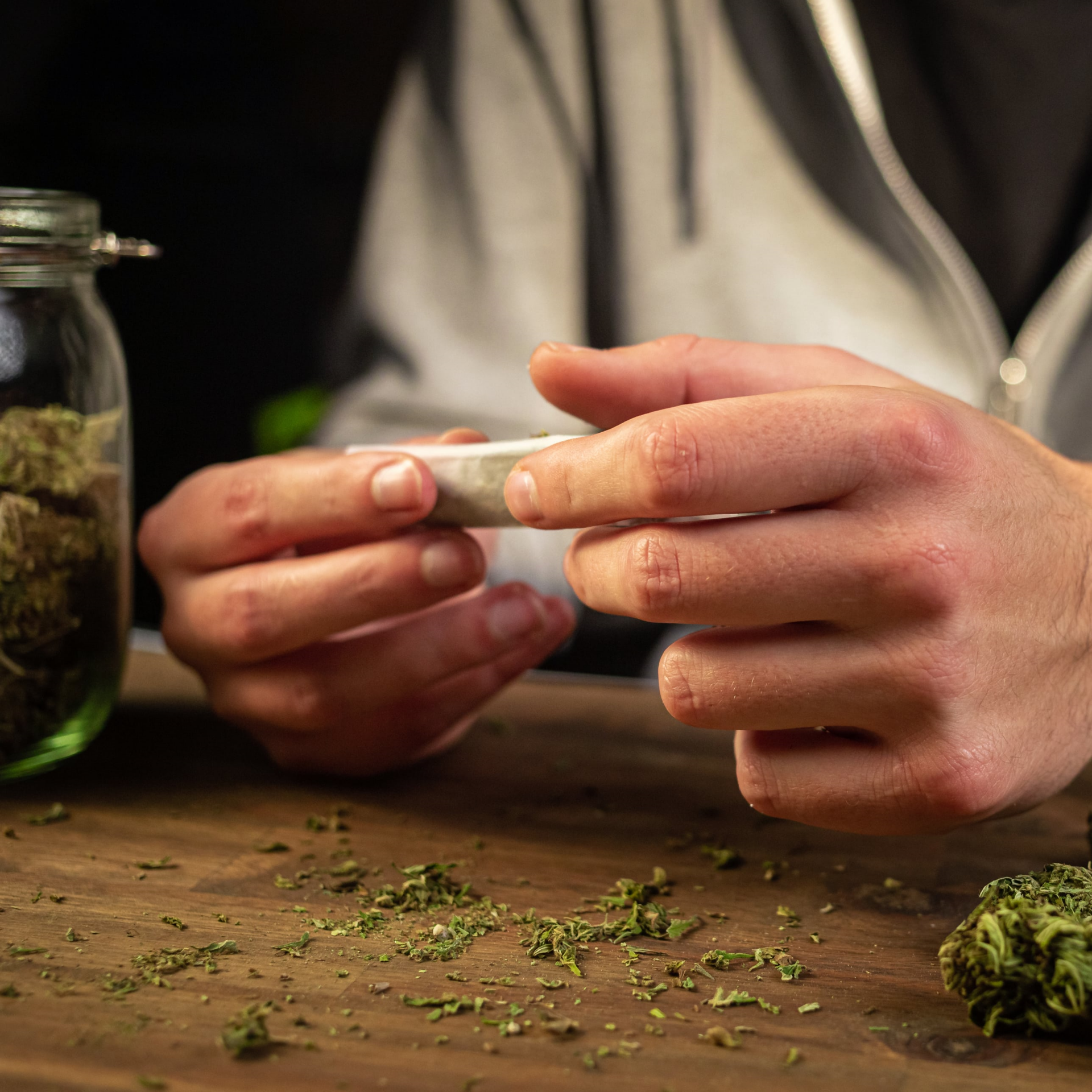
Chronic Pain
Consuming cannabis is a more natural way to deal with chronic pain. Marijuana with THC, CBD, or a combination of both, is consumed commonly by:
- Smoking flower or vaping
- Orally via gel caps
- Sublingually via a tincture
- Applied topically directly to the area of discomfort
Though the cannabinoids CBD and THC can be used independently, there is evidence suggesting that CBD may enhance THC’s pain-relieving properties. CBD may be most effective when it comes to treating neuropathic pain, which is often related to inflammation. People seek out cannabis to treat symptoms for common ailments such as migraines/headaches, muscle cramping and fibromyalgia. Other conditions that may respond well to the pain-relieving properties within cannabis are arthritis or autoimmune diseases such as Crohn’s.
It’s suggested that THC may help modulate pain by indirectly increasing opioid receptor activation. A recent study found that high-THC cannabis could offer better pain relief than opioids and could be up to twenty times more effective. Conclusion: this is great news for anyone struggling to find an effective way to cope with chronic pain instead of opiates, which can be highly addictive.
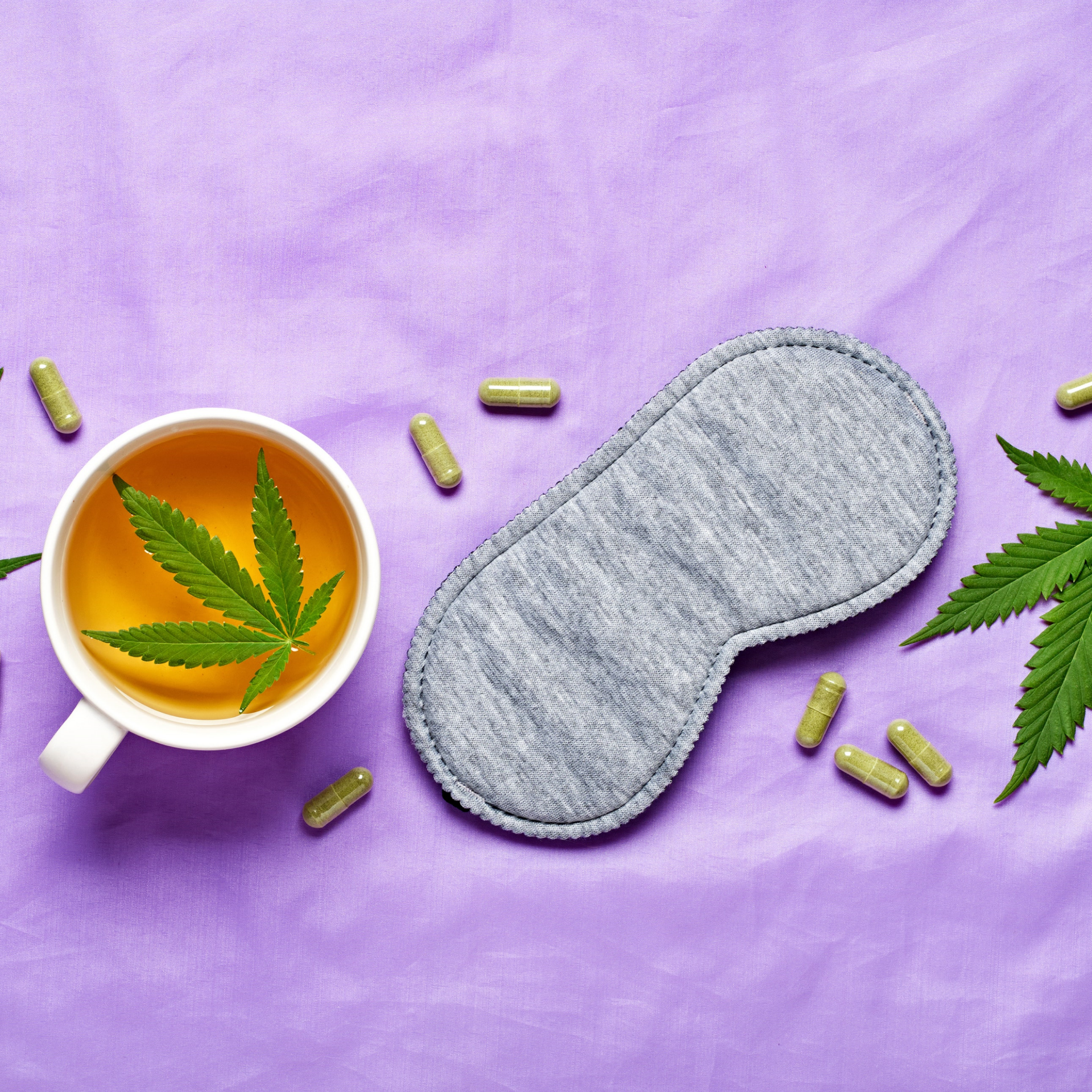
Insomnia
If you have problems falling or staying asleep, you understand how an inadequate slumber negatively impacts daily life. In many instances, insomnia is related to poor sleep habits such as irregular sleep times, mood disorders like depression or anxiety, lack of exercise, chronic illness, or even certain medications.
Though CBD is known to help with some of the common causes which could lead to insomnia, it may not always be the best choice. Studies have shown that a potential side effect of too much CBD is that it may create a state of wakefulness. Studies indicate that smaller amounts of THC may actually help restore your body’s natural cycle by inducing sleep. For the right person, THC can help you to fall asleep and stay asleep.
If trying THC for sleep, look for Indica-dominant strains, which will help the body relax. Edibles are a great choice for sleep in that they last anywhere from 4-6 hours.
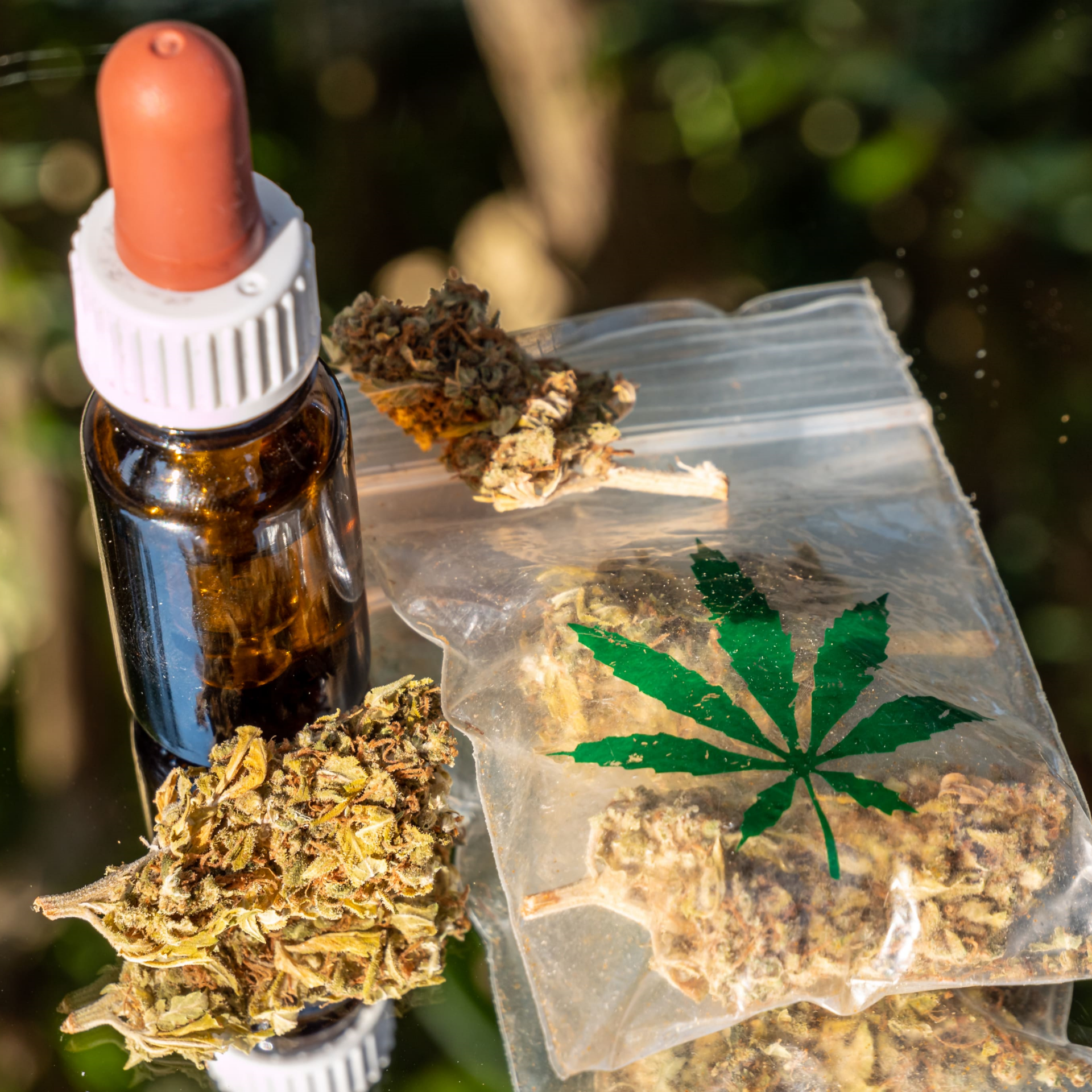
What’s Best for You
Of course, as with all treatments, it’s important to educate yourself on what works best for you. Understanding dosage, your preferred method of consumption or application, and your specific reason for including THC or CBD in your health and wellness routine is necessary to have the best results.
Taking a slow and steady approach to exploring how cannabis fits into your life will help you tailor your experience. It may also prevent you from wasting time and money on cannabis products that may not be suitable for you. It’s true that experimenting with cannabis requires a measure of patience to find the right solution. Stay focused on your goals while trying various options whether it be for chronic pain, anxiety, or a better night’s sleep.






